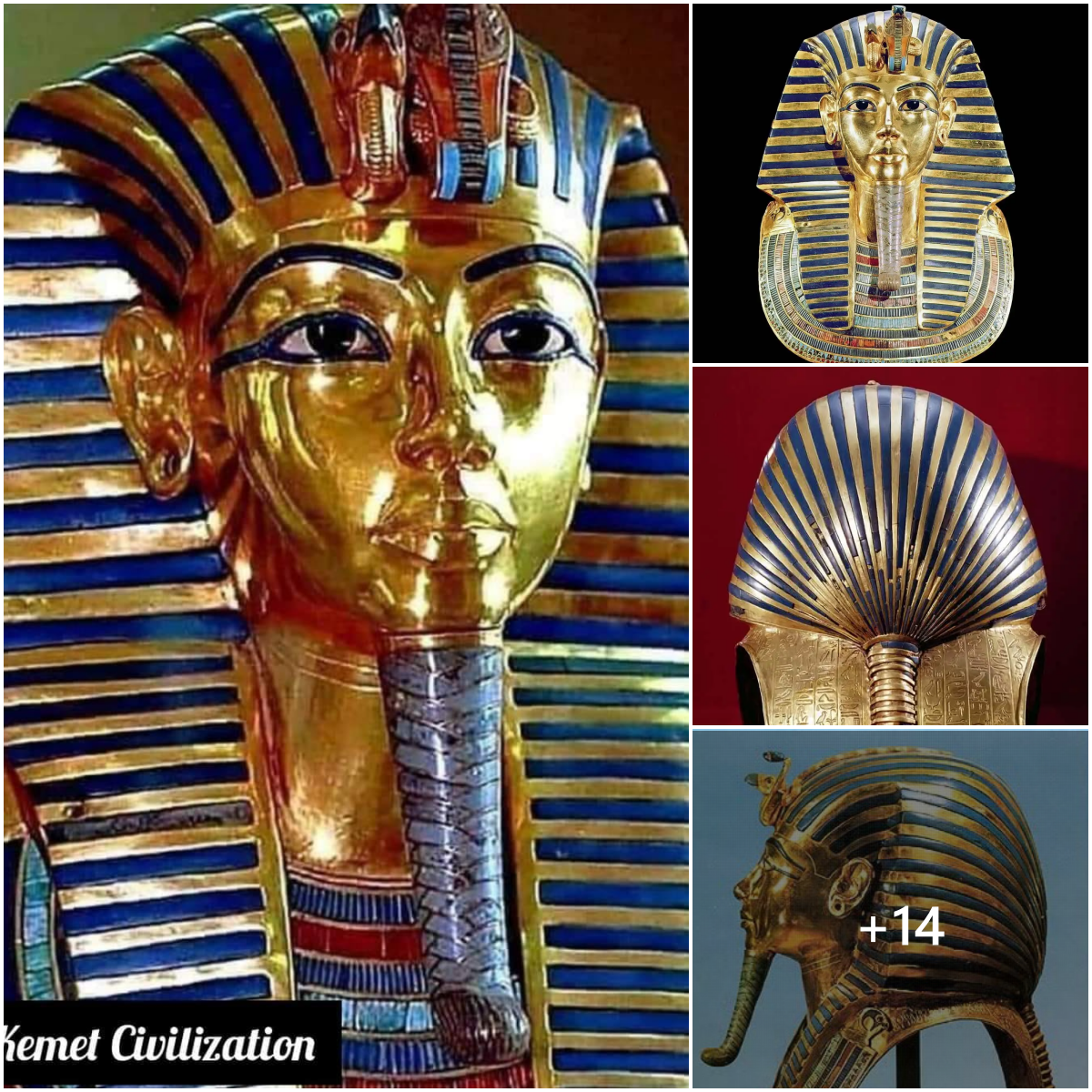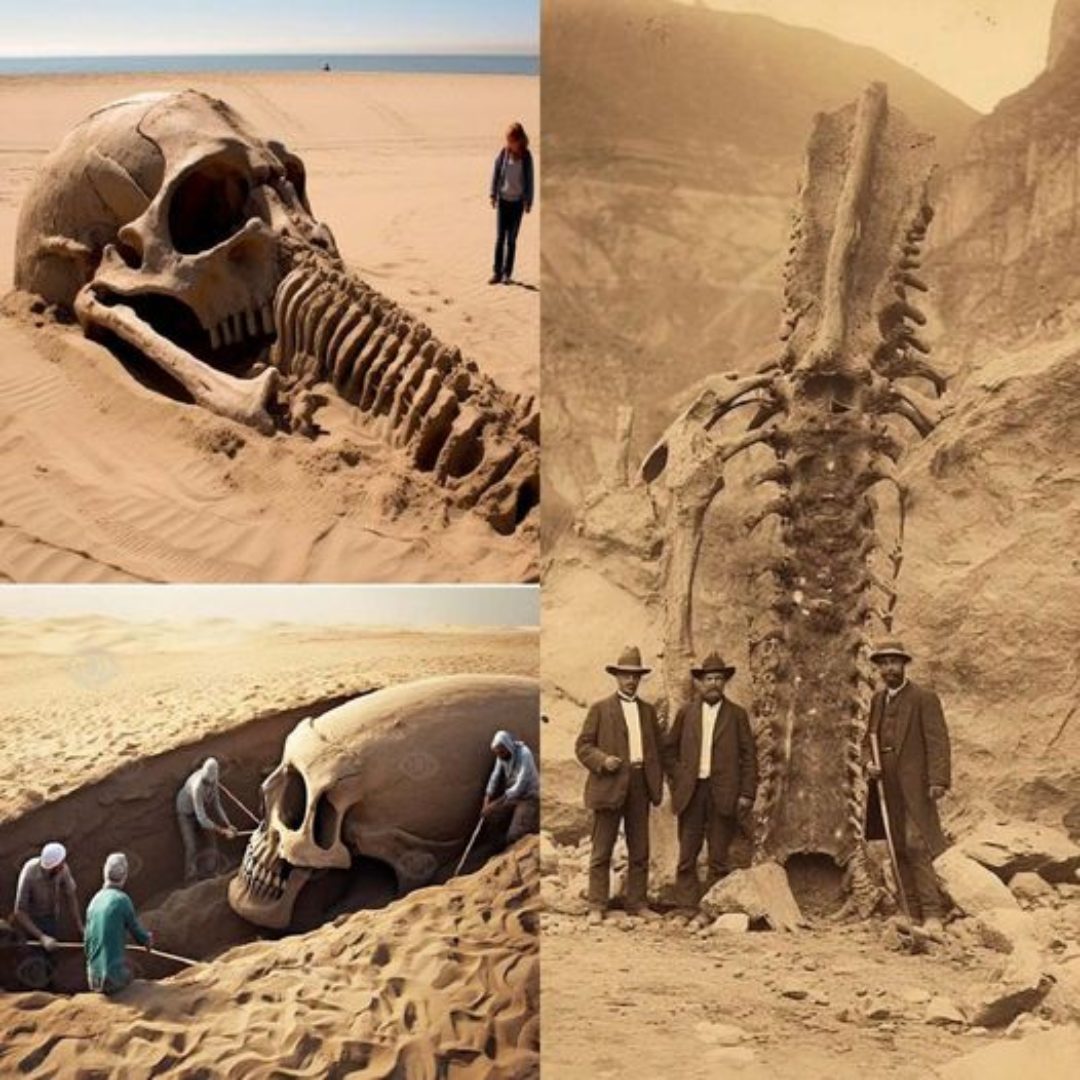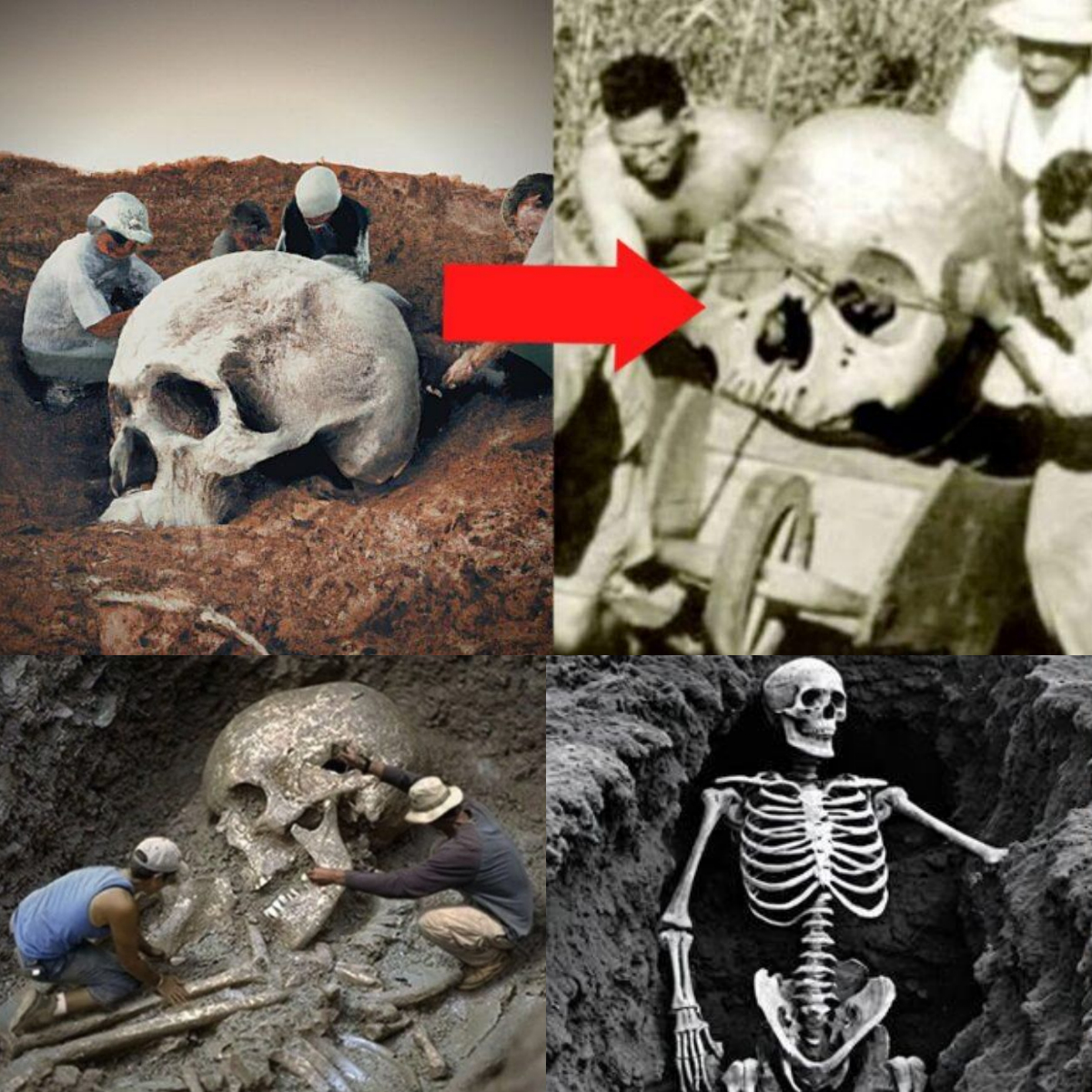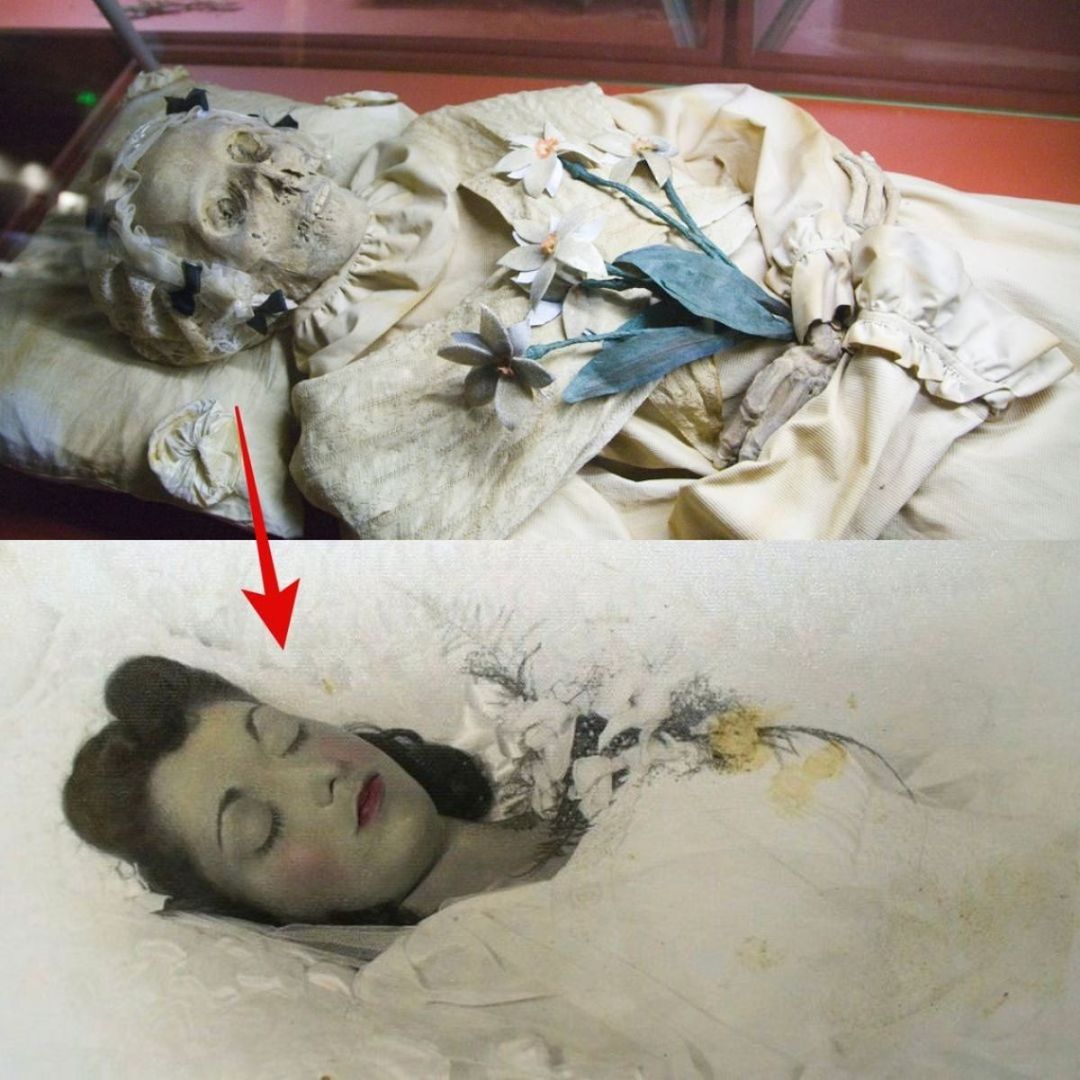
Ancient Greek funerary stele from around 425-400 BC. J.-C., which represents a seated woman who leaves her newborn son to a nurse, funerary stela. ( Public domain )

Historical Lives of Mothers in Ancient Greece
What we know about the lives of women in ancient Greece is generally not good. According to the poet Hesiod, usually dated around 700 B.C. C., it was considered good practice for women to marry older men. four or five years after puberty.” The philosophical and medical traditions of the time viewed a woman as inferior and defined by her ability to give birth, although the popular notion was that male semen contained everything necessary for a baby.
We have uncertain evidence of what lives were like after marriage. Some accounts estimate an average of six births per woman and up to 40% of infants may not have survived to marriageable age, although estimates of infant mortality vary. Most historians agree that child loss was common enough in antiquity to be an expectation rather than a surprise.
Information on maternal mortality is equally murky, although demographic data suggests that sometimes more than 30% of mothers died from complications related to childbirth. But there is anecdotal evidence from funerary inscriptions collected from across the ancient Greek-speaking world. Prakso, 21 years old, wife of Theocritus, died in childbirth and left behind a 3-year-old child. Kainis died of prolonged labor at 20, “barely experienced in life”. Plauta also died at age 20, in her second birth—but her fame “sings, as deep as the endless sorrow of her dear husband,” according to her tombstone.
Classical studies students often learn that men in ancient Greece generally did not spend much time with very young children, given the high rate of loss. Certain ritual practices may have been responses to the precariousness of the beginning of life, such as holding a baptism ceremony only on the tenth day after birth, or officially registering the child as a member of the father’s family in the municipal registers within the first year.
As a parent, though, I’m less convinced that high loss rates have led parents to become more distant. I suspect that the feeling of uncertainty made children more valuable to everyone in the family and that those early years only strengthened the bonds between mothers and children in particular.

Penelope revealing her work at night by Dora Wheeler Keith. ( Public domain )
Women and mothers in stories
When people think of the field I study, epic poetry, I suspect they usually think of violent male heroes and female victims. While this image is certainly not incorrect, it overlooks other forms of women, and mothers in particular, that were crucial to the world of Greek poetry and myth.
Ancient Greece had a whole genre of catalog poetry—basically, lists of people and their tales—dedicated to telling heroic family stories based on brides and mothers that helped humanize the heroes for their audience.
In “The Odyssey,” for example, Odysseus builds on this tradition on a journey to the underworld and tells the stories of all the heroic mothers he has found among the dead, citing his own mother as one of the first. During his brief visit to speak with the dead, he learns that his mother, Anticleia, died of a broken heart during her long absence. And throughout the epic, Odysseus spends much of his time struggling to find Penelope: his wife, but also the nurturing mother of his son, Telemachus.
In “The Iliad,” the mother of mighty warrior Achilles, Thetis, is instrumental in calling Zeus on her behalf when Agamemnon, the leader of the Greeks, disgraces him. As the nearly invincible fighter faces off against Hektor, Thetis laments that her short life is coming to an end.

The farewell between Hector and Andromache, by Lucas Ferrari. ( Public domain )
Throughout the stories of war and honor in “The Iliad,” the mothers remind listeners of the true consequences of war. In a startling moment, Hektor, the prince of Troy, expects to face Achilles and possibly death. Hecuba, her mother, stands on the city walls and shows her breast to hers, begging her to remember the care he received from her and stay in the city to protect her.
But the only scene that made me cry were the words of Hektor’s wife, Andromache, after learning of the death of her husband. She laments the future suffering of her son as an orphan, deprived of a place at other men’s tables, left to wander and beg. This moment was even more heartbreaking for ancient audiences who knew the fate of his son, Astyanax: after Troy fell to the Greeks, he was thrown from the city walls.
Heroic mothers helped the ancient Greeks define themselves and understand their place in the world, often to their own detriment. They remind listeners of the meaning of work and sacrifice.
As a son, as well as a father, I know how complex family relationships can be. In general, we see the modern world as very different from the past, but there are still few things in human life as transformative as giving birth or raising a child.
A few words from the ancient playwrights show how much everything remains the same. In one fragment, called 685, Sophocles claims that “children are the anchor of a mother’s life”. In a fragment of himself, 358, Euripides writes “Love your mother, children, there is no place where love can be sweeter than this.”
This article was originally published under the title “Life for mothers in ancient Greece was not easy, but the celebrations of their love have survived through the centuries” by Joel Christensen sure The Conversation and has been republished under a Creative license commons.





